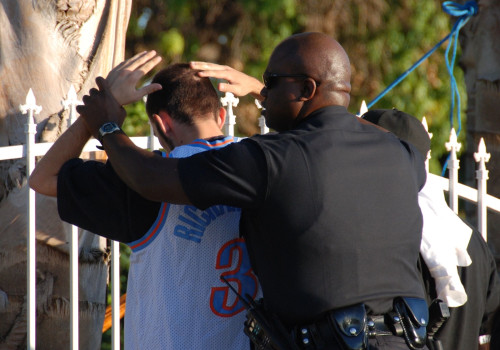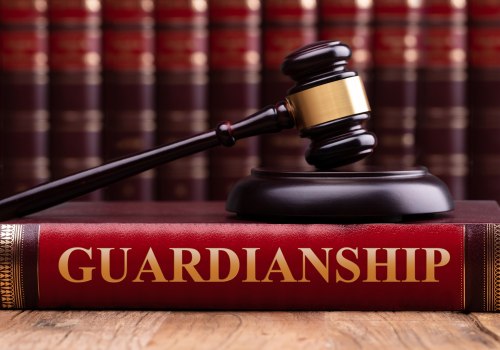Guardianship will generally last until the child is 18 or 21, depending on the circumstances of the case and the court that granted the guardianship, the Surrogacy Court, or the Family Court. To obtain guardianship of a child, a person must file a petition with the court. State laws generally set a period for court-appointed temporary guardianship. In most cases, temporary guardianship can last 60 days.
The length of time a temporary guardianship lasts can vary and often depends on the situation. In cases of emergency or medical weakness, you can only speculate on how long you will need guardianship. If the situation continues unresolved, a permanent guardianship can be sought. The person named as the Reserve Guardian has 60 days after the triggering event occurs to go to the Court (usually the Family Court in the county where the child lives) to file a petition for child custody.
For example, the backup guardian will have 60 days after the parent's deportation to go to Family Court. For example, if a parent is unwell and is unable to care for a child when receiving treatment, they can request that a temporary guardian be appointed until they have recovered. You can attend a FREE GUARDIANSHIP CLASS where you can learn the basics of guardianship law and the court procedures you need to know. However, family lawyers like Darren Shapiro can take the matter to court and ask that the courts also set aside the parents' objection to guardianship.
If all of the above applies, you may be able to avoid a court order and get temporary guardianship instead. You can also consult an attorney if you want to take care of someone's guardianship, even on a temporary basis. If you are considering temporary guardianship, contact Superior Notary Services to schedule an appointment with a mobile notary. At the end of the guardianship, the guardian must submit a final report that summarizes all of the guardian's activities for the entire duration of the guardianship.
If guardianship is still needed after six months, the parties can sign another temporary guardianship agreement or they can request permanent guardianship through the court. The difference between a guardianship and a temporary guardianship is the length of time it remains in effect. When the task is completed, the temporary guardianship ends and you must create a new one in case new tasks are performed. All witness statements and other evidence you gather to support your request for temporary guardianship must be notarized to be credible.
Whether you're seeking custody or guardianship of a child, it's essential to make sure you have the right assistance. Guardianship is usually indefinite, whereas temporary guardianship usually ends after a certain date and you can no longer manage someone else's affairs. If parents cannot properly care for a child, New York courts can decide to grant custody or guardianship to another adult. Importantly, under New York family law laws, and the guidelines that Attorney Darren Shapiro deals with every day, child custody and guardianship are two related, but different concepts.
In this situation, the guardianship will not begin until the parent requests it, and the guardianship will only last as long as necessary on a case-by-case basis.










